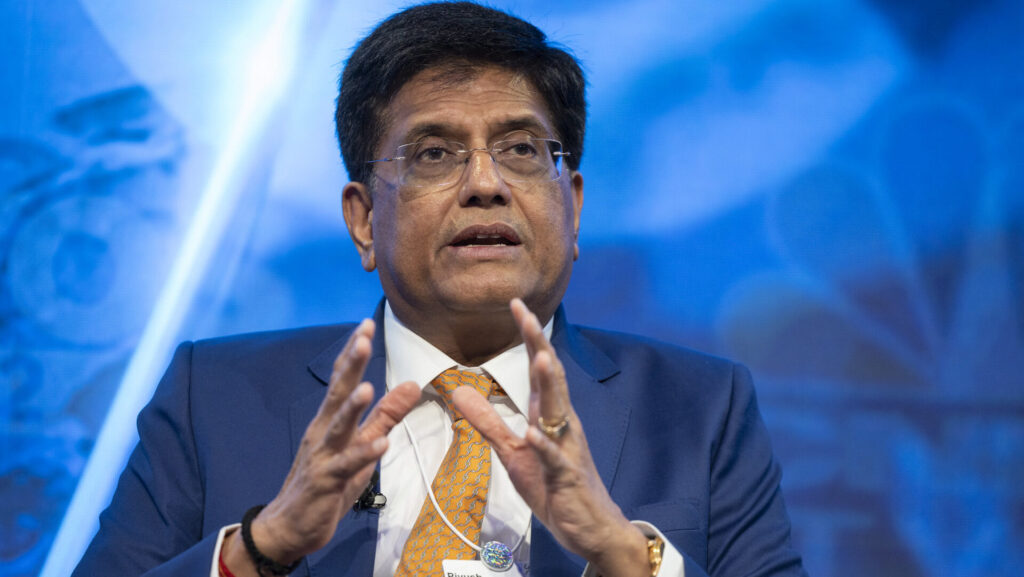
India’s Commerce Minister Piyush Goyal has ruled out the possibility of joining the biggest global trade agreement, the Regional Comprehensive Economic Partnership (RCEP), saying that joining a free trade agreement with China is “not beneficial” for the country. The information is from the network CNBC,
“India will not join RCEP as the agreement is not in line with the founding principles of ASEAN and does not serve the national interest of having a free trade agreement with China,” Goyal said in an interview. CNBC,
The RCEP mega-treaty was signed in 2020 by 15 countries in the Asia-Pacific region, representing about a third of the global population and 30% of world GDP, with implementation set to begin in January 2022. The signatories include the 10 members of ASEAN (Association of Southeast Asian Nations) and five of its main trading partners: China, South Korea, Japan, Australia and New Zealand.


India has participated in RCEP negotiations since 2013, seen as a potential counterweight to China. However, in 2019, it decided to withdraw, claiming that issues related to “core interests” remained pending, without specifying what these points were.
In the interview, Goyal also said that, in 2019, India already had free trade agreements with ASEAN, Japan and South Korea, besides bilateral trade with New Zealand, totalling US$300 million.
“RCEP does not benefit our farmers, nor does it meet the aspirations of our small and micro industries, as it is essentially a free trade agreement with China,” the minister declared.
The Indian Commerce Minister, referring to China, also highlighted that, from the outside, it may not be clear how difficult it is to compete with a non-transparent economy.
Goyal said that “certainly no one in the country would support a free trade agreement with a non-transparent economy, whose economic practices are very opaque, and where the commercial and political systems, as well as economic management, are completely divorced from the values safeguarded by democracy”.
He also accused China of taking advantage of World Trade Organization (WTO) policies to flood the world with low-cost products that “often do not meet quality standards.”
RCEP envisages the elimination of import duties over the next 20 years and covers issues such as intellectual property, telecommunications, financial services, e-commerce and professional services.



